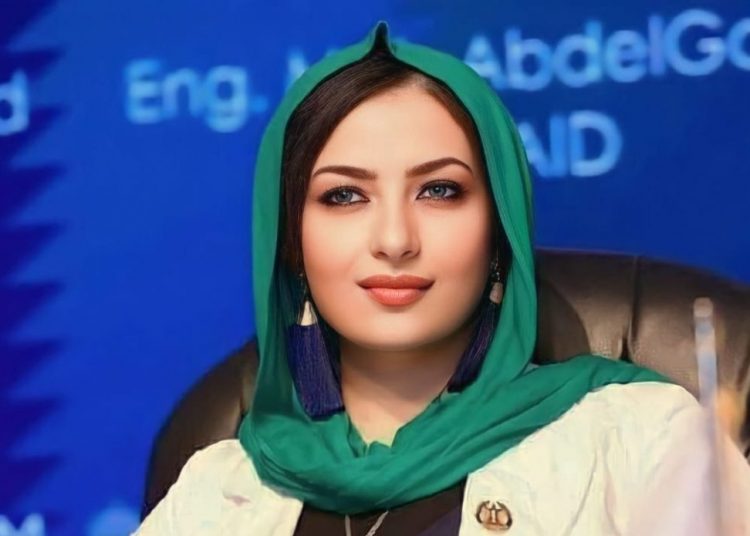Ayat el-Haddad
Member of parliamentary foreign relations committee
International relations aregoverned more by shifting intereststhan permanent alliances.
Egypt’s foreign relations have changed radically under the leadership ofPresident Abdel Fattah El Sisi with the focus on raising economic growth through economic, political and investment exchanges.
Reinstating Egypt’s prominence onthe global stage and consolidatingnational projects are the aims, especiallyin these times of great challengesaggravated by events duringand after the coronavirus pandemic.
Turkish President Recep TayyipErdoğan’s recent visit to Egypt is a diplomaticmilestone. His previous visitwas as prime minister in 2012. Yet,despite tensions between the two nations,bilateral relations and economic tieshave proved resilient. Similarly, the visitof the Brazilian President Lula da Silvademonstrates the depth of collaborationbetween the two countries.
Before going any further with otherhigh-level visits, let’s review PresidentSisi’s diplomatic endeavours. His visit tothe United Arab Emirates in 2019 showsthe state’s commitment to forging strategicalliances, as is the case with thelaunch of the solar power plant in Sinai,facilitated by UAE investment.
Visits by King of Bahrain Hamad binIsa Al-Khalifa and Crown Prince ofSaudi Arabia Mohammed bin Salman
have strengthened bilateral co-operationand fostered dialogue on mutualinterests and addressed external interferencein Arab affairs. The visit byKing Adbullah II of Jordan addressedMiddle East developments and
enhanced bilateral co-operation acrossvarious sectors. Similarly, the comingof Emir Tamim bin Hamad Al-Thani ofQatar to Cairo after a prolonged hiatussignifies renewed commitment toregional stability and economic collaboration.
These visits show how Egypt underPresident Sisi’s leadership skillfullynavigates the complex geopolitical landscapewith a strategic approach to diplomacyto further economic integration,regional stability, and reaffirm Egypt’srole on the global stage.






Discussion about this post